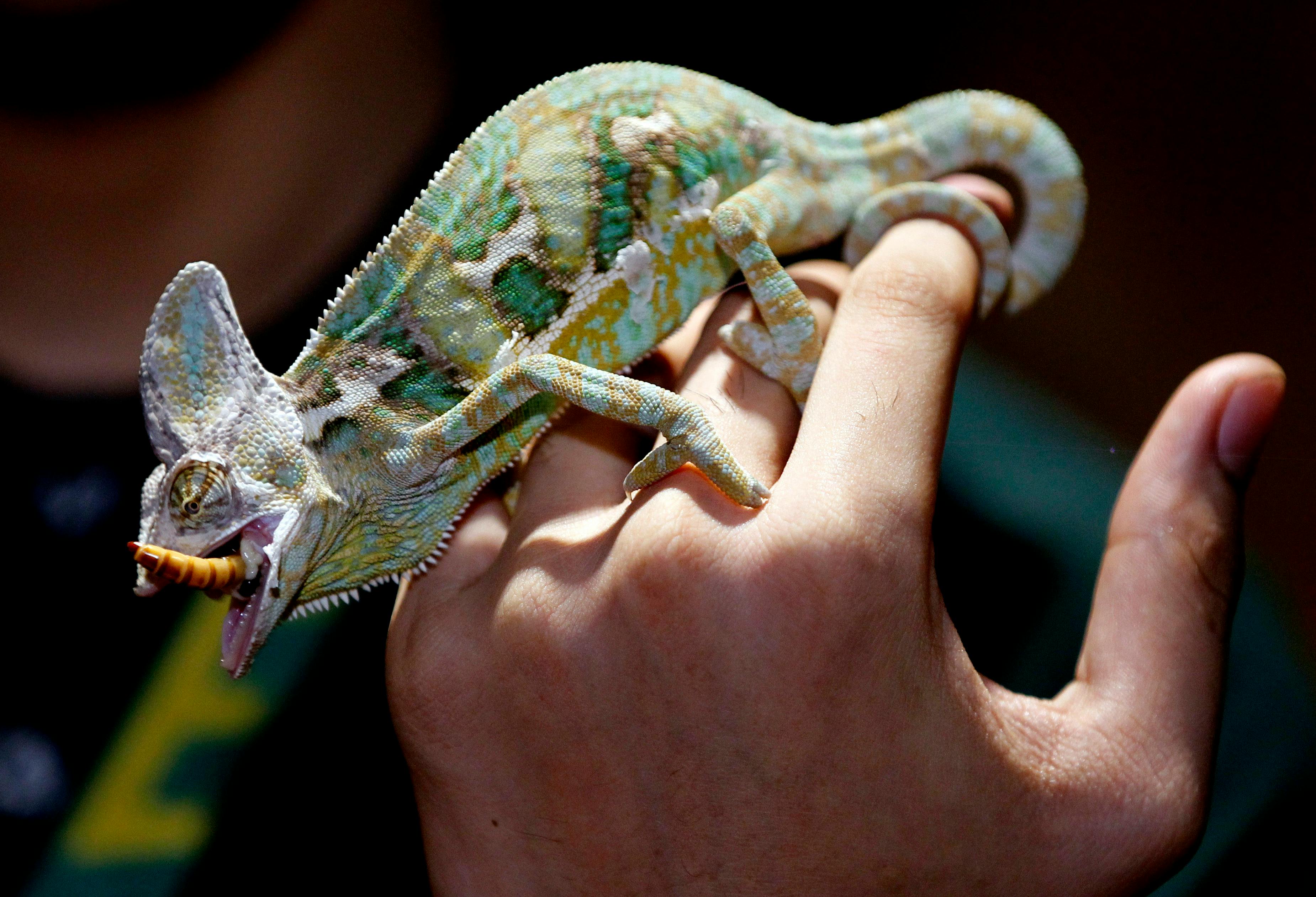
Blockchain: open source money
admin
- 0
“Blockchains are simply distributed transaction processing engines. The technology allows data to be stored in a variety of different places while the relationship between different pieces of that data is traced. To most people trying to explain Blockchains like to compare it to a ledger.Every time someone makes a transaction, such as a coin changing hands or a new device being added to a network, it is recorded on the chain and anyone can track what happened. happened”. Fortune Tech, Stacey Higginbotham, May 29, 2015
What if we lived in a world where global access to money was available to everyone? Money can move around the world at the speed of digital as a decentralized and cooperative peer-to-peer process, without the need for a top-down banking system. Trust relationships occur automatically through digitally signed permissionless transactions, destroying the inevitability of poverty. Would this represent a giant step for humanity?
Such is the utopian dream of technology developers. The next generation of computer networks is preparing to encircle the world for the common good. Welcome to the envisioned blockchain (financial) transformation of the world.
Ignore it at your own risk.
My May 2016 article, The power behind the throne, looks at the steady but mostly underappreciated move towards a cashless society through blockchain technology, and my thoughts on who really benefits. It could end up as a giant leap forward for the banking industry, gaining omnipotent control over our financial transactions. A Bloomberg article, Inside the secret meeting where Wall Street tested digital cash, May 2, 2016, he cited representatives from Nasdaq, Citigroup Inc., Visa Inc., Fidelity, Fiserv Inc., Pfizer Inc. and others present.
Enter 2017 and the documentary produced to inspire and excite: The Blockchain and Us. Some say that 2017 will be the year this technology goes mainstream; others say it is too risky.
The infomercial-style documentary features “leaders” from countries around the world extolling the virtue of open source money, the bottom-up, grassroots cultural shift initiated by Bitcoin in 2008. Blockchain technology and its potential impact are compare to how the introduction of the airplane changed society; The fabric of the financial services industry, by itself, is said to be 100% digital within 20 years. Additionally, blockchain technology is expected to:
-
Affects all industries as a “value” platform with military-grade cryptology
-
Create a generational change in technology, an opportunity capable of “lifting people out of poverty”
-
Accommodate what they called “smart” contracts
-
Effecting a profound change in the way the Internet could be used to create new forms of value and new ways of transacting value.
-
Generate more jobs due to automation
There you have it… Blockchain and Us. However, naysayers like me fail to see the corresponding personal benefit. Handing over what little financial privacy we have left through cash to the Goliath banking industry? It occurs to me that we may not have a choice, as the “little” people seem to be the units of income just along for the ride.
That being said, using cash and paying as you go has obvious and perhaps not so obvious benefits:
-
choice
-
Transaction Privacy
-
No bank interest charges (overdrafts, credit cards, loans, lines of credit, etc.)
-
Possible supplier discount of 5% on request
-
Tax liability that the use of credit has been destroyed
-
Curbing the instant gratification mentality encourages easy credit
-
More personal time when keeping up with debt means working harder/faster
I think that living in a material world makes it easy to forget that the full definition of wealth includes more than accumulation. The intangible wealth of personal well-being and peace of mind are priceless until overlooked and underappreciated. Instead of the utopian dream, imagine this: we no longer make purchases we don’t need, with money we don’t have to impress people who don’t really care about us. If more people were in the habit of using cash, we could strengthen our own money management skills to create real wealth and also send a message to those who own the gold.

